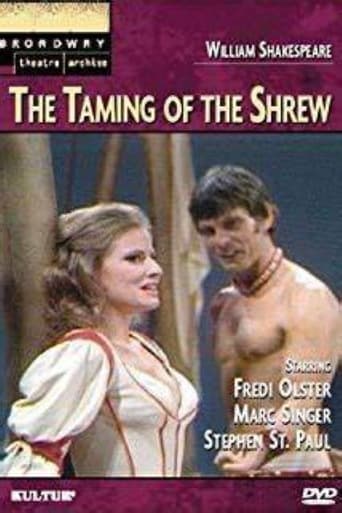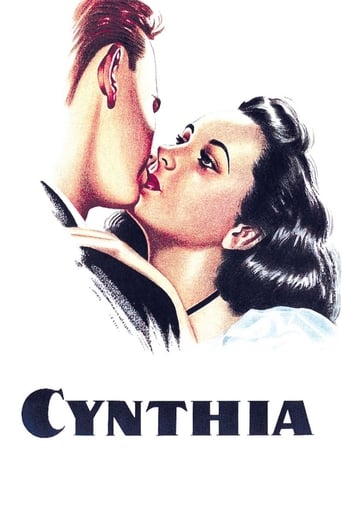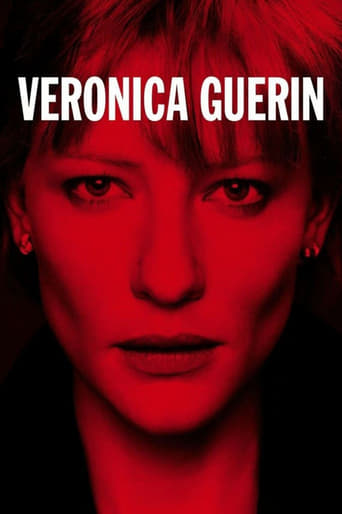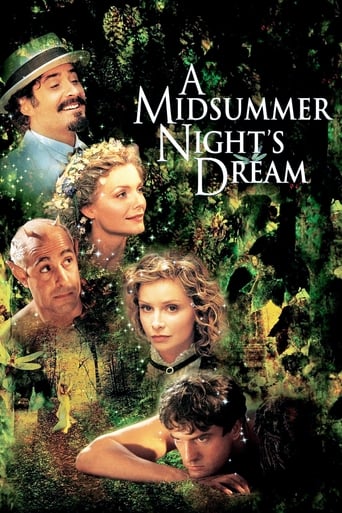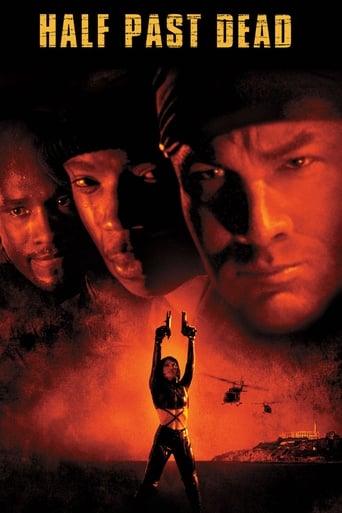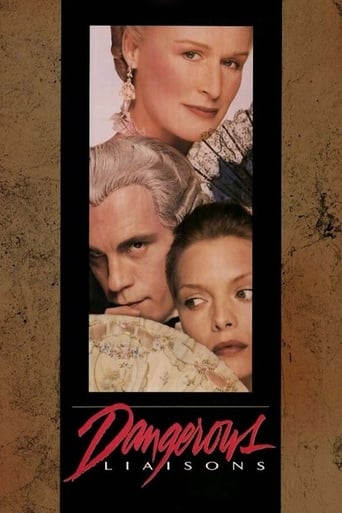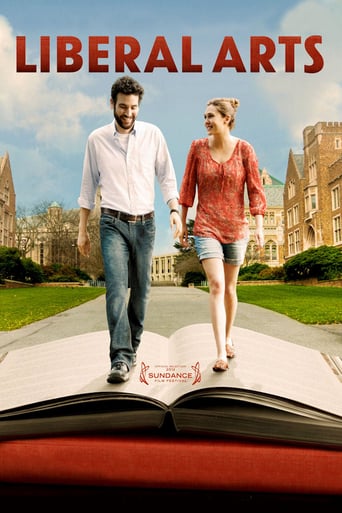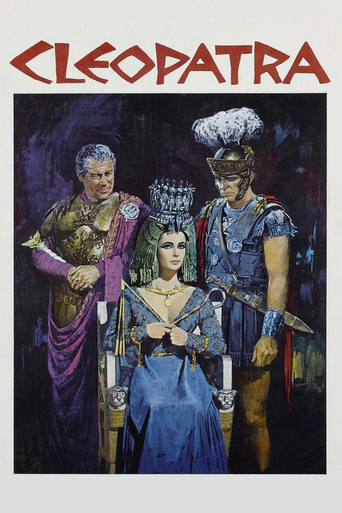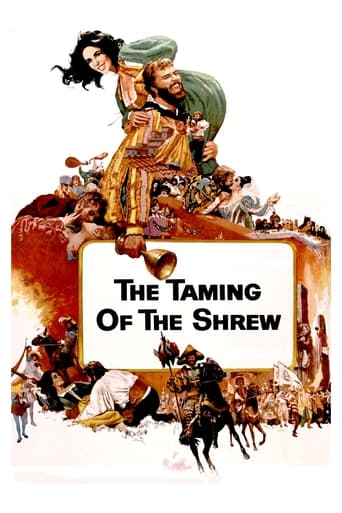


The Taming of the Shrew
Italy, 16th century. Petruchio, a choleric, lying and poor rural landowner from Verona, arrives in Padua in search of fortune and a wife, while Baptista, a wealthy merchant, announces that he will not allow Bianca, his youngest daughter, to marry until the temperamental and unruly Katherina, his eldest daughter, does.
-
- Cast:
- Elizabeth Taylor , Richard Burton , Natasha Pyne , Michael York , Cyril Cusack , Michael Hordern , Alfred Lynch


Similar titles
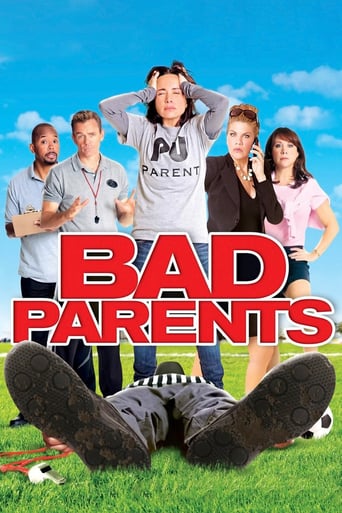
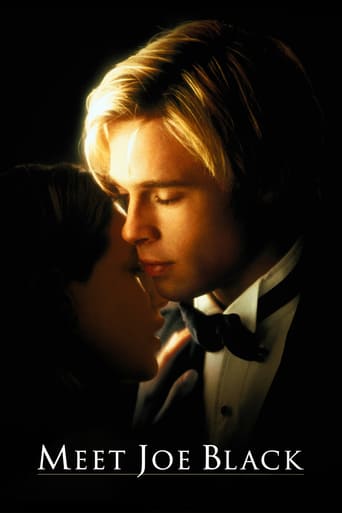
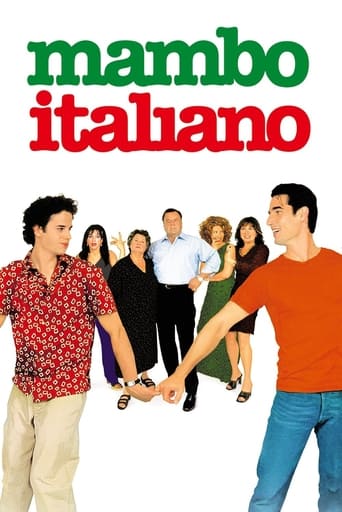
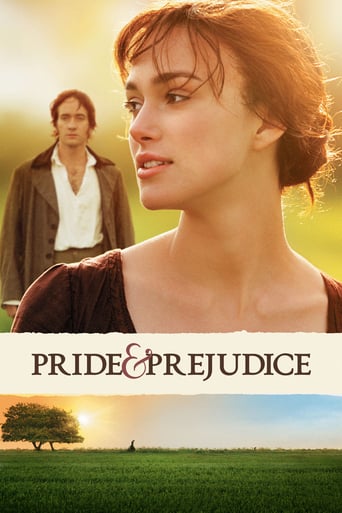
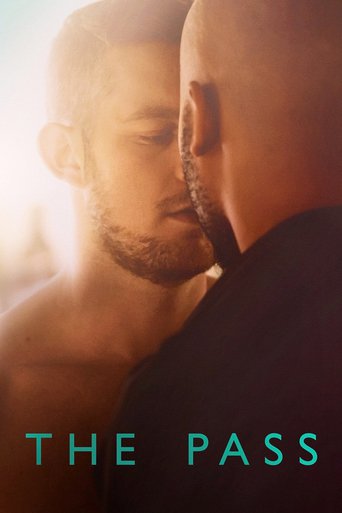
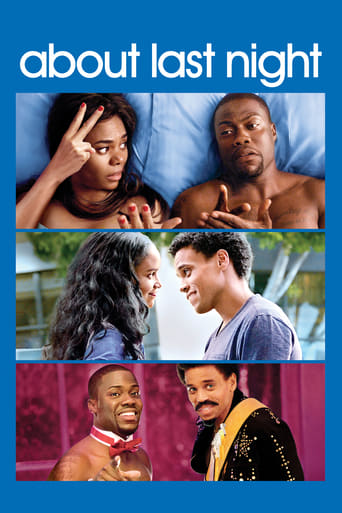
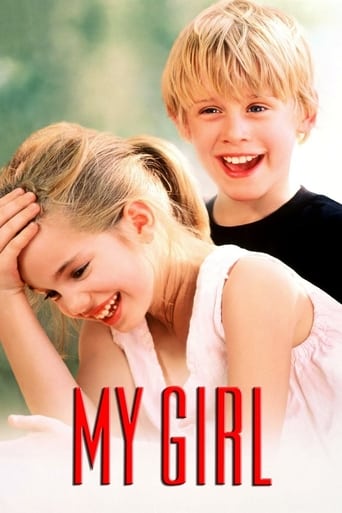
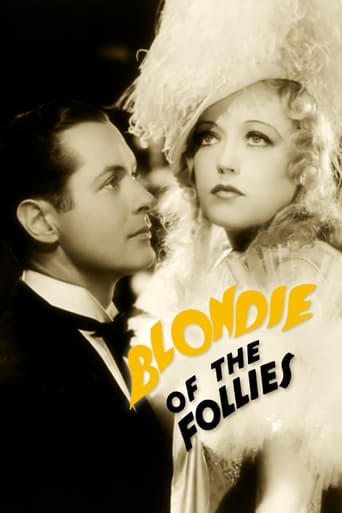
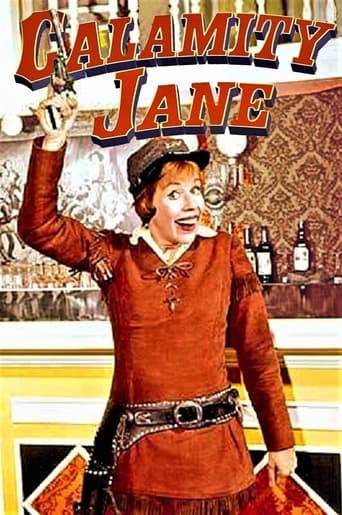
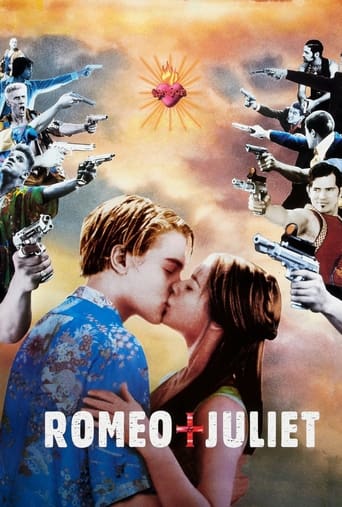
Reviews
The Worst Film Ever
Highly Overrated But Still Good
This is one of the best movies I’ve seen in a very long time. You have to go and see this on the big screen.
It's a feast for the eyes. But what really makes this dramedy work is the acting.
The play on which the film is based is certainly misogynistic but that it is to be expected as it was written in the 1590s. That said, I can't say that I found the physical sparring between Petruchio and Kate funny, though the verbal sparring was often hilarious. The most notable omission from the film is the Christopher Sly frame story, which is a shame as the henpecked drunk serves as a great contrast to Petruchio.An accomplished Shakespearean actor who had previously played Hamlet on Broadway, Richard Burton is excellent as Petruchio, putting his excellent voice and beautiful accent to great use. In stark contrast to her then husband, Liz Taylor had never performed Shakespeare before but she does very well with the material and, as always, they had great on screen and, in this case, particularly intense chemistry. Burton and Taylor were of course famous for two tempestuous marriages so perhaps they could relate to the characters more than other actors would have! The supporting cast is generally very strong, particularly Michael Hordern as Kate's father Baptista, Cyril Cusack as Grumio, Michael York as Lucentio (in his first major film appearance), Alfred Lynch as Tranio and Vernon Dobtcheff as the Pedant. On the negative side, Alan Webb and Victor Spinetti are very over the top as Gremio and Hortensio respectively but neither of them play a big role.The crux of the play is Kate's speech in the final scene in which she says "thy husband is thy lord, thy life, thy keeper, thy head, thy sovereign" and the way in which it is interpreted consequently determines the message of the relevant adaptation. The most common interpretations are either that Petruchio has successfully tamed Kate or that she is deceiving him into thinking that he has done so. Liz Taylor's delivery of the speech suggests that Kate is being sincere. However, the fact that she runs away laughing immediately afterwards belies this so I assume that the message that the screenwriters were trying to convey was that a strong man can be controlled by an even stronger woman without him realising it.Overall, this is an outrageously fun and extremely good adaptation which is very well directed by Franco Zeffirelli in his film debut. However, it is on nowhere near the same level as his version of "Romeo and Juliet" released the following year. As in that film though, the sets, costumes and locations are fantastic.
'The Taming of the Shrew' is one of the classic Shakespeare comedy film ever made by the 'Shakespearean Director' Franco Zeffirelli in the early 1960s. The exceptional acting in the film has been made by Elizabeth Taylor as Katharina and her second husband Richard Burton as Petruchio. It was a golden time for them too while acted together. The others were starred by Michael Hordern as Baptista, Natasha Pyne as Bianca and Michael York as Lucentio. It won an Academy Award for the set direction and costume design. Though it's a faithful version of the play, it had the subplot of Bianca missing plus the tinker which is not that important. It was produced by Franco Zeffirelli and MGM studios. This is the story about a hot-tempered but beautiful woman named Katharina who married to a wise noble named Petruchio. According to the director, this film is based on how Katharina rediscovers herself from a hot-tempered woman to a gentle lady that her husband transformed her to. The costumes are authentic as expected in Shakespeare's time. It was set in Italy as told in the play but it was shot under the studio. This version inspired most people that some other directors can make a contemporary version based on the same. Elizabeth Taylor as in real life didn't do any of the Shakespearean films before as this film is her first role in the Shakespeare play. She looked stunning in her costume but was also exceptional as she showed her 'tamed side' after meeting Petruchio who also done justice to his role. The atmosphere almost adjusts the play due to the dialogue was written. Some dialogues were replaced to help the contemporary audiences to understand the Shakespearean language. Burton made an exceptional acting rather than Taylor but the chemistry was superb as I think. The comedy was worth laughing due to its content. Michael Hordern was not there much but he gave an active role as a father which was worth laughing. The climax shows the message where both the play and the films tried to represent. The message of the film was shown by running its plot but it sometimes dragged that we become bored and miss the subplot of Bianca but foreshadowed by its comedy. Natasha played a cute Bianca but a cat-like expression that wowed the audience. The development of the characters was not perfect except for Baptista, Katharina, Bianca and Petruchio's acting. Overall, the story and its screenplay were authentic but the acting was mind-blowing, as I think. As people say 'Old-is-Gold', yes it is true that the 'real' movies ruled the 60s. It was such an era that anyone cannot forget where educative films were made with a little entertainment.
Shakespeare's The Taming of the Shrew (1967) was directed by Franco Zeffirelli. Any director who selects The Taming of the Shrew in the 20th (or 21st) Century has a problem. How to you deal with a play that is basically about spouse abuse? We all know the basic plot-- Katharina is a strong-minded woman, therefore a shrew. Petruchio marries her for her money, and then subjects her to physical and psychological torture. Ultimately, she breaks, and becomes the docile, subservient wife that Petruchio wants her to be.Some directors have chosen to tell us that Katharina isn't really broken. She has learned to manipulate Petruchio so he thinks he's the master, but she knows that this isn't true. (Mary Pickford famously gave the speech about man as master, but then she winked.)Not so here. Elizabeth Taylor as Katharina appears to really mean it when she says that the husband is the master. Richard Burton, as Petruchio, appears to really desire and accept Katharina's defeat. It's painful to watch. (We'll never know what Shakespeare really thought about this. But we know, it would seem, what Zeffirelli thought.)There's a second plot, involving Katharina's sister, Bianca, but Zeffirelli brushes this aside. It's actually a pretty funny and interesting plot, but you'd never know it from this film.What we get instead is lots of "color." "See Padua the way it looked in the Renaissance. The crowds, the prostitutes, the petty criminals." (Note to Zeffirelli--this is Shakespeare, not a travelogue.)Burton was handsome, Taylor was beautiful, and the movie was pretty bad. If you want to see a Taming of the Shrew, see the Pickford-Fairbanks version. Fairbanks was handsome, Pickford was beautiful, and the movie was pretty good.
Often overshadowed by his most famous of love stories (Romeo and Juliet), there is no denying, in this most flamboyant creation of a dramatic comedy and romance, Shakespeare's The Taming of the Shrew is in comparison, highly unknown and unrecognized to the common world of today. However, in saying this, there is also one place where this story is indeed recognisable in many shapes and forms. Though it may not possess the same marketing value as that of Verona's famous pair of star crossed lovers, The Taming of the Shrew has always had an unusual popularity in the world of film. So much that it was this story to be the first put to the screen with sound and dialogue by Sam Taylor in 1929, which made it the first Shakespearian play adapted to film with the actual use of the language. Yet while Taylor's attempts are certainly admirable, there is simply no competing with a Franco Zefferelli production of Shakespeare. In true Zefferelli fashion, his 1967 adaptation is visually spectacular, and from the very first few minutes in, you are immediately captivated by the buoyant spirit and energy present within the streets of our fair Padua. Though Zefferelli is not completely faithful to the original script, it is barely noticeable and easily forgiven as he still remains so wonderfully loyal to the story in many other important ways. For example, through the use of exuberant music and bright costume, Zefferelli manages to intensify the vibrancy of the comical atmosphere as well as the contrasting character personalities. However, the most intensifying aspect to the film in itself is most definitely the acting. There is a clumsy and awkward unpredictability in the energy of the crowds that gather throughout the film. But this is also present in the behaviour of central characters, and there seems to be conflict almost everywhere. Even the little children who carry the train of Kate's wedding dress are fighting. Though this does give it a sort of pantomime feel at times, I believe Zefferelli's intention was to keep the arguments amusing rather than actually violent. Therefore, he chooses to tackle the destructive nature of the play in a way that is true to the story but still entertaining for the audience. A story so renowned for its daring and rambunctious nature, The Taming of the Shrew is truly unique to its time and setting. With a love/hate relationship present between our two central characters (who often seem more prone to violence than anything else) Shakespeare does extremely well in challenging the typical preconceptions of love and marriage between man and woman of the time. Therefore, in order to successfully give us the right balance of this vicious yet amusing relationship on screen, the director's most important task lies in finding the actors who are capable. This is something of which I believe Zefferelli succeeds in more than anyone. With his risky and bold decision in casting a couple almost as notoriously wild as their characters, Zefferelli like others before him, deemed only a real life marriage worthy enough to possess the experience and knowledge needed in order to truly do the relationship justice. The difference was that this couple excelled. The legendary Richard Burton with his long career of Shakespearean drama was the perfect fit as our tamer Petruchio. Although his then wife Elizabeth Taylor was not the most ideal choice as Kate, (with no previous experience of Shakespeare,) it was not her reputation as an actress that landed her the role of the shrew, but her reputation as a tenacious wife. I must admit, as a massive fan of Taylor, I found myself trying extremely hard not to be bias in judging her performance as Kate. Although it wasn't exactly an Oscar winning performance, especially in comparison to Burton as Petruchio, I found Taylor's efforts as Kate truly commendable. Especially after having to bare the close to mute version of her played by Mary Pickford in 1929, I found myself almost grateful for the over dramatic moments given by Taylor. There's no denying that overall Burton was the ultimate star, but I believe that without Taylor as his fiery Kate, the film could have never reached its full potential. This was primarily the reason why Zefferelli took the risk of casting an amateur like Taylor in the first place. He knew that without an independent woman who was just as capable of handling Burton, as Kate is in handling Petruchio, the film would fall flat. And so he bases his decision on the chemistry of the actors rather than the ability to act, as they are truly believable on screen and everything is very natural between them. For example when you see a furious Kate giving Petruchio that signature scowl from across the room, you cannot help but feel like they have exchanged this look a thousand times before. Overall, I found Zefferelli's 1967 adaptation of the Taming of the Shrew truly enjoyable. While the imaginative costume, music and architecture is signature to a Zefferelli creation, it was the rustling and energetic atmosphere of Padua so exceptionally represented that had me immediately enthusiastic from the very beginning. I also found myself extremely grateful for the length of the film, as the 1929 version disappointingly, just ran over an hour long. Though he will always be criticized by some for his decision to not stick to the original script, I believe that Zefferelli was faithful to Shakespeare in all of the important ways. His efforts in paying enough attention to the main characters were his greatest success. As he had learnt from Sam Taylor's mistakes before him in 1929, how that passion and chemistry could very well easily be the determining factor to the films ultimate rise or fall.

